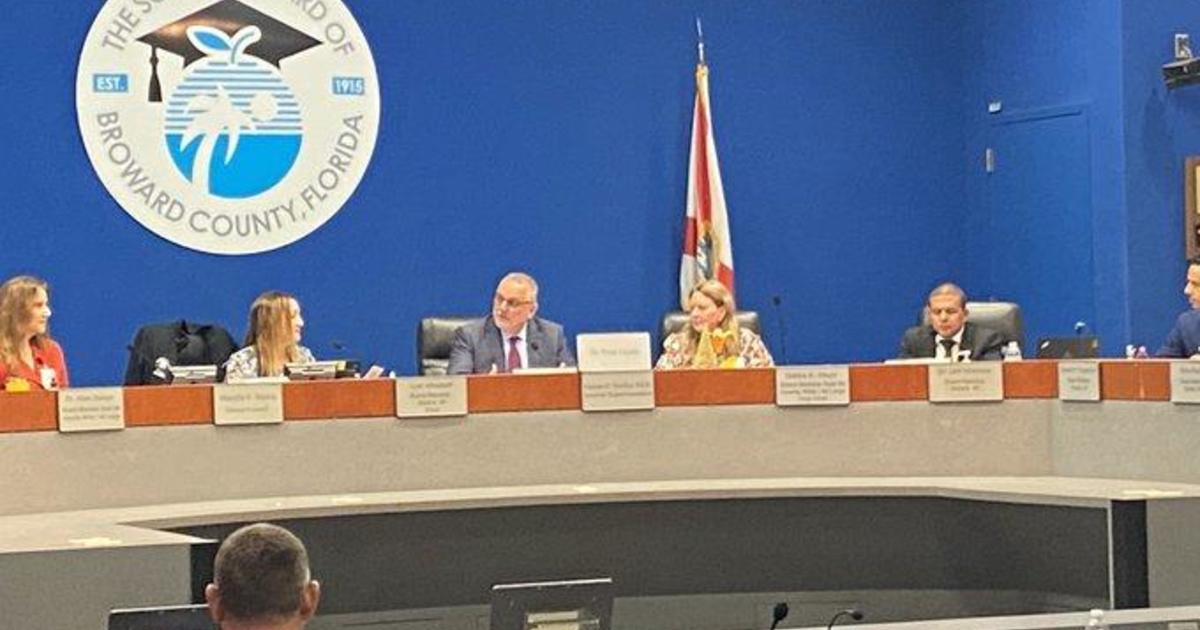Facebook Boosts Efforts On IDing Suicidal Users
(CNET) – In the wake of tech activist Aaron Swartz taking his life earlier this month, there has been a lot of discussion about how to get suicidal people help before it's too late.
Facebook, which has already done work on suicide prevention, is upping its efforts on seeing what more it can do to prevent future suicides.
The social media site recently started working with suicide prevention group SAVE to see if user data on how suicidal people act on social media -- in the weeks and days leading up to their deaths -- could be helpful in pinpointing early warning signs, according to Bloomberg.
"Friends sometimes don't ask important questions for fear of being invasive," executive director of SAVE Dan Reidenberg told Bloomberg. "If we can see what's happening, we can train people to look for it."
This collaboration is especially significant considering the January 11 death of Swartz, who took his life after being accused of stealing 4 million scientific journals and academic papers from MIT and the archive Jstor. A champion of open access to documents on the Internet, Swartz faced $4 million in fines and more than 50 years in prison if convicted.
According to Bloomberg, about 100 people in the U.S. commit suicide every day, and it is the second-leading cause of death among people in the 25 to 34 age range. This age group is also one of Facebook's largest demographics.
Facebook has been actively working on suicide prevention since 2011 when it partnered with theNational Suicide Prevention Lifeline. At the time, it set up a program referring at-risk users -- who were reported by family or friends -- to counselors. Google and Twitter have also worked to help potentially suicidal users find counseling, according to Bloomberg.
What's new with the work Facebook is planning to do with SAVE is that the social media site might be able to provide data that helps researchers identify social media patterns by someone contemplating suicide, according to Bloomberg. Researchers could study people's changes in language use and the intervals in which users post Facebook status updates. It could take at least a year for this Facebook user data to be gathered and given to SAVE.
It's not uncommon for people to act erratically on Facebook when contemplating suicide, and some even go as far as to announce their wishes to die. In 2009, a 30-year-old Brooklyn man stated that he was ending his life on Facebook and carried through with it. That same year, a 16-year-old boy in England told a U.S. Facebook friend that he was contemplating suicide and his life was saved.
"All too often, people in crisis do not know how -- or who -- to ask for help. At Facebook, we have a unique opportunity to provide the right resources to our users in distress, when and where they need them most," Facebook spokesman Frederic Wolens told CNET. "By enabling connection to trained and caring professionals around the world, we try to do our part in letting users know help is available. Through a concerted and coordinated effort on the part of private industry, government, and concerned family and friends, we believe we can make a real difference in preventing suicide and saving lives."
(TM and © Copyright 2013 CBS Interactive, Inc. and CNET, a CBS-owned company. All Rights Reserved. This material may not be published, broadcast, rewritten, or redistributed.)



